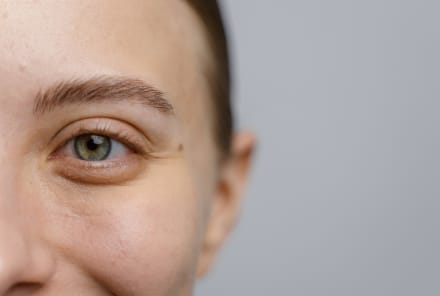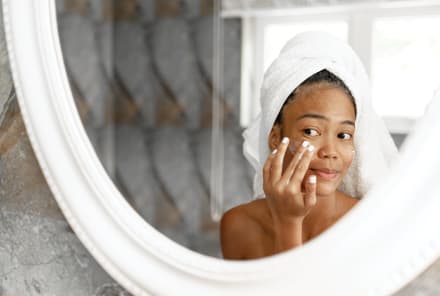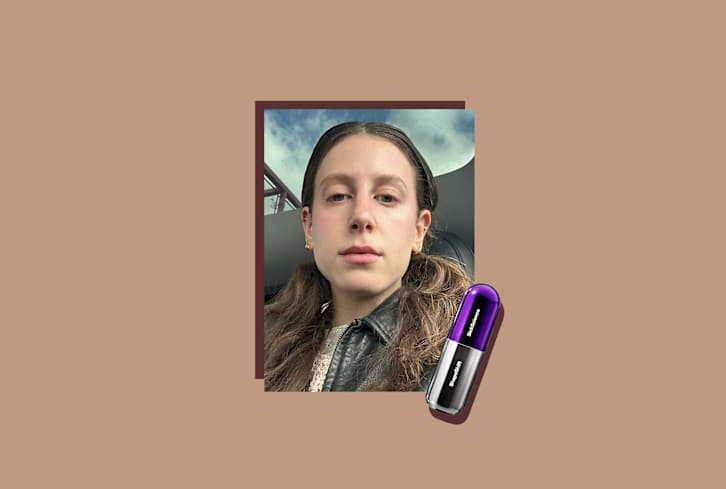Advertisement
These 3 Common Habits Damage The Collagen In Your Skin—Are You Doing Them?


Your skin comprises a few different parts, including collagen and elastin, which keep your complexion tight and youthful-looking.
When it comes to caring for these compounds, knowing what to do is just as important as knowing what not to do—especially when it comes to the skin barrier and structure.
This doesn't just mean what products to use, either. How you use them and how you live your life day-to-day is just as important—so here are three mistakes to avoid if you want to keep your collagen intact and thriving as you age:
Stop overusing retinoids
It's true that retinoids can stimulate collagen production, thus why retinol is one of the buzziest healthy aging topicals out there. But like everything, retinoids can be easily overused, especially if you're using a more potent formula.
When you overuse retinoids (and chemical exfoliants like AHAs and BHAs, we should add), you're putting your skin at risk for damage.
A broken skin barrier will appear red, irritated, and itchy, or you may even experience dermatitis.
In general, it's best to cycle through your retinoid and exfoliators one to three times a week (a beloved concept called skin cycling).
Don't go outside unprotected
You must protect your skin from the sun—whether it's a sweltering summer day or a snowy morning in the wintertime. Aside from the risk of sunburn and sunspots, the collagen in your skin will suffer too, according to research.
This study1, for example, looked at collagen under UV light and found a "significant decrease" in collagen structure after exposure.
Further, DNA changes to the skin cells that make collagen and the free radicals produced by UV light can both affect collagen in the skin, as board-certified dermatologist Gary Goldenberg, M.D., once told mbg.
Be sure to keep an SPF on your vanity and in your travel bag year-round—here's a list of our favorite clean formulas if you're in the market for a new go-to.
Don't write off stress as no big deal
When people say that stress ages you, that's not just a figure of speech. Stress can spark inflammation2 in the body, which can lead to a decreased production of collagen—among other full-body impacts.
This is just one of the reasons incorporating stress-relieving activities in your everyday life is so important—here are 10 of the best, according to research.
Although, stress is oftentimes unavoidable, and we certainly won't sit here and tell you that managing anxiety is a walk in the park.
That said, if you want to cushion your collagen production from the effects of stress, feel free to opt for a collagen supplement to offset the possible collagen loss—here are the best science-backed options (that are actually worth the investment).
The takeaway
These common habits can damage the collagen in your skin and thus contribute to accelerated skin aging, so remember to space out your retinoids, use SPF every single day, and try your best to ease your stress however you can.
When you've checked those off the list, collagen supplementation may be a worthy venture to try regardless—here's why you might want to dabble in the daily practice.
-v1646695196476.jpg?1148x800)


















